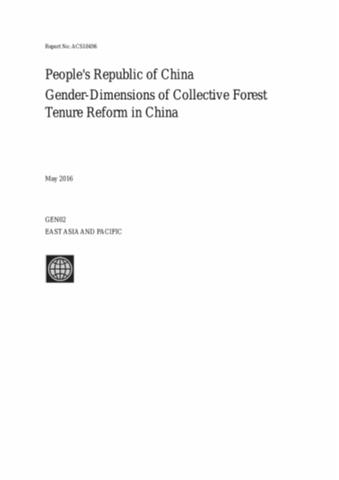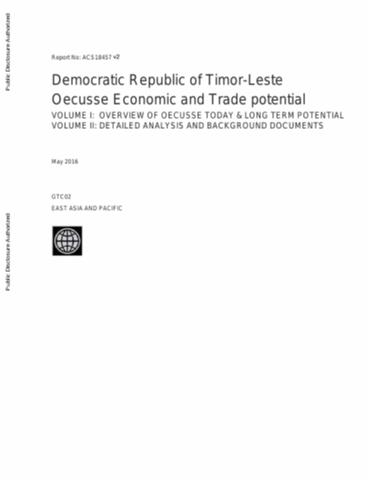Key issues impacting on farm worker housing, access to services and tenure security in the Cape Winelands
This report for public comment presents and analyses key issues arising from extensive interviews
conducted with workers on and off farm, individual employers, representatives of organised
agriculture, trade unions, NGOs, worker support organisations, municipal councillors and officials
together with representatives from provincial government departments. It sets out options for a
strategy to address farm worker housing and related needs.



